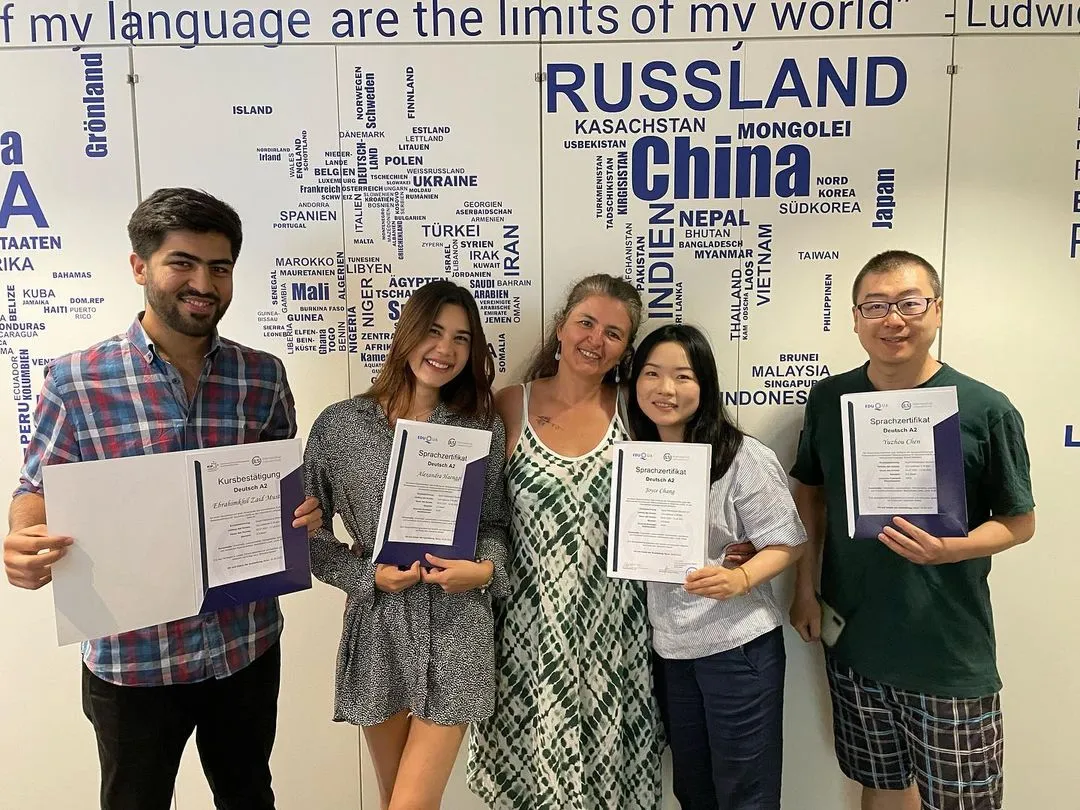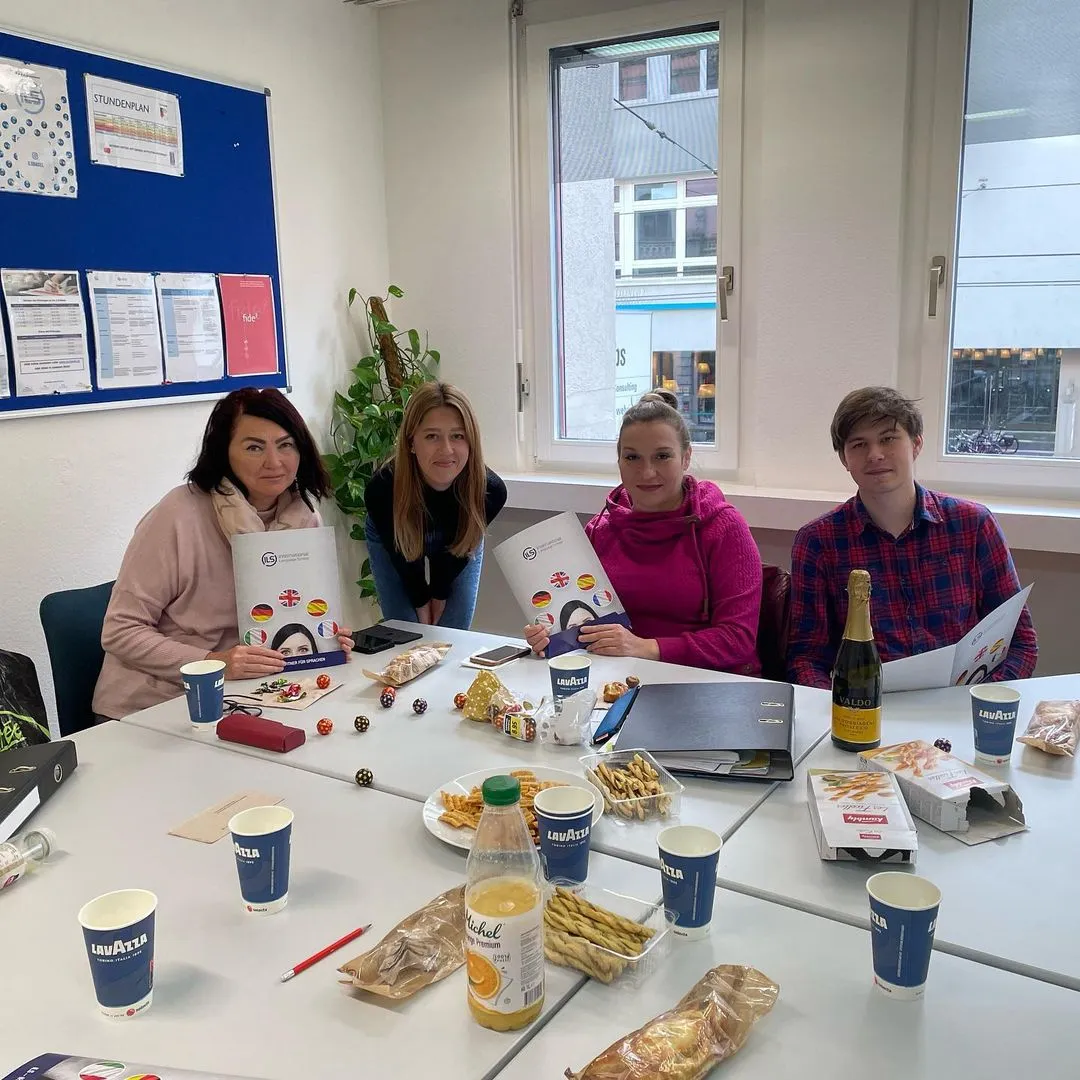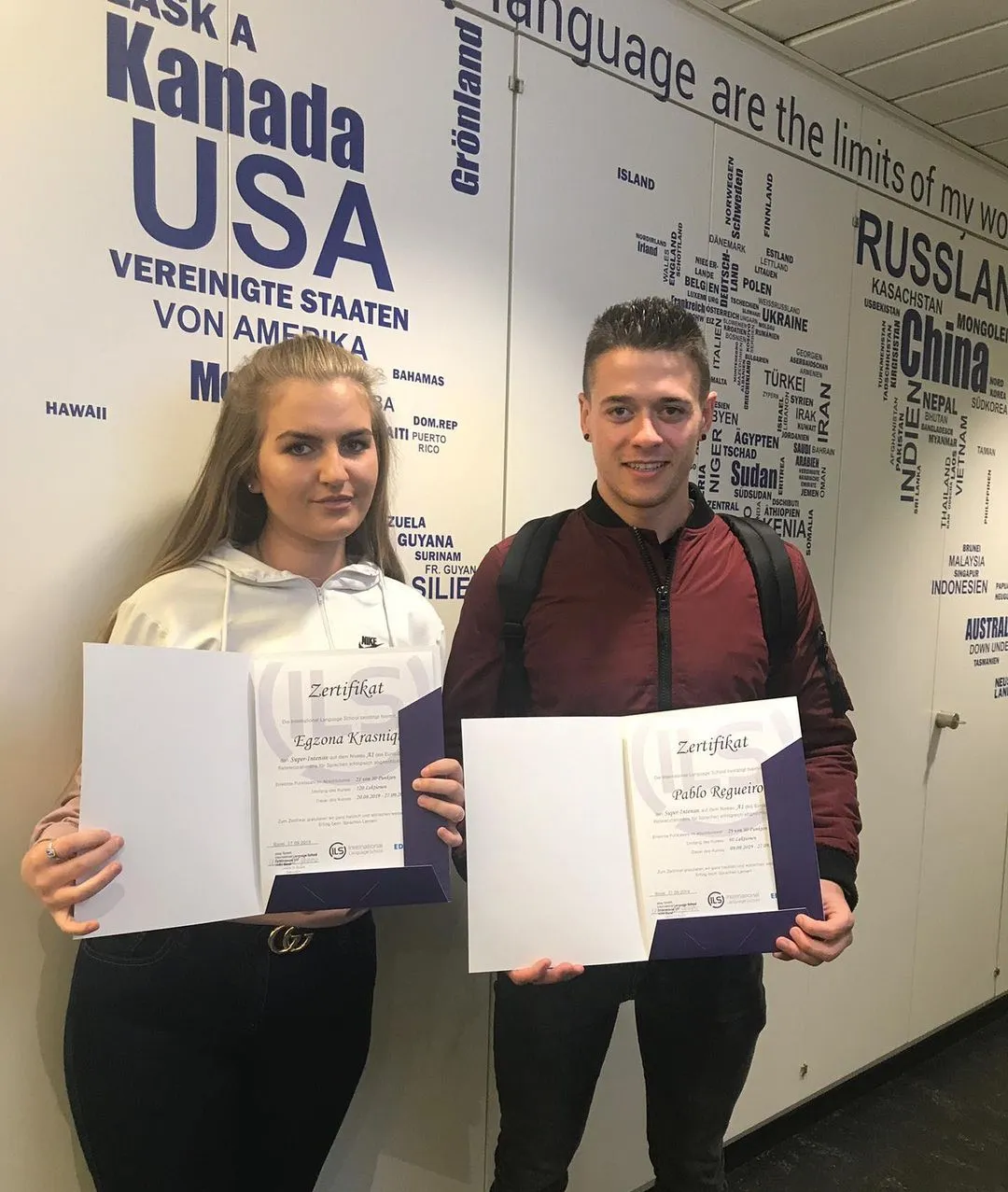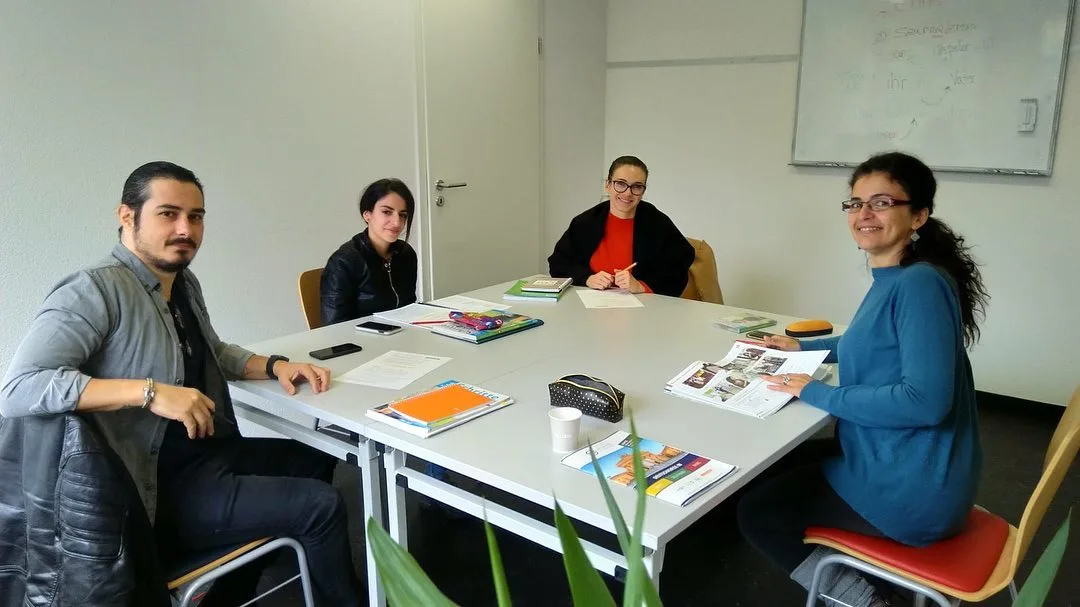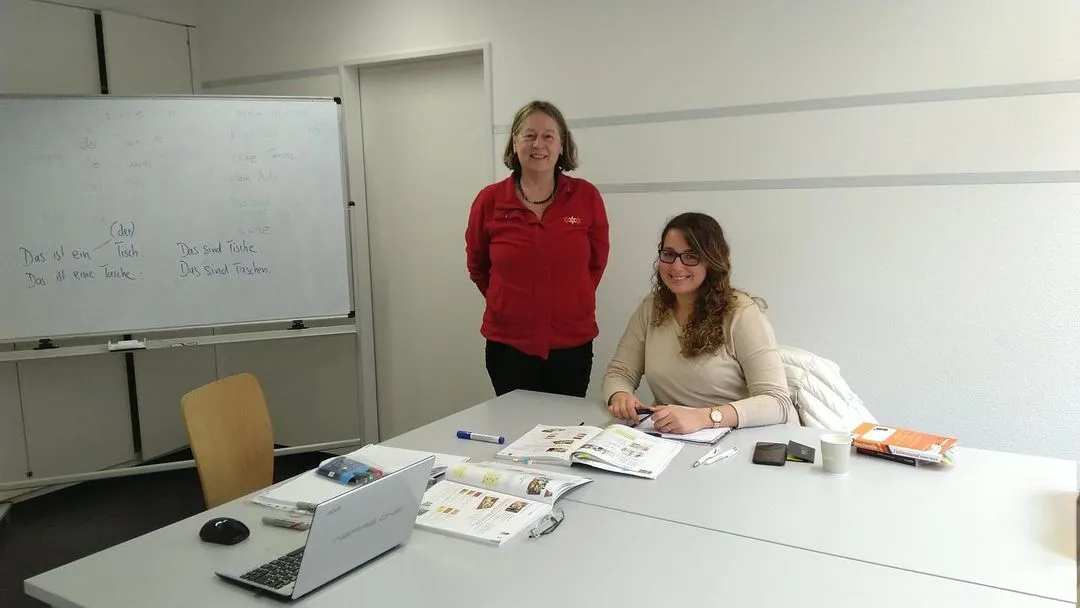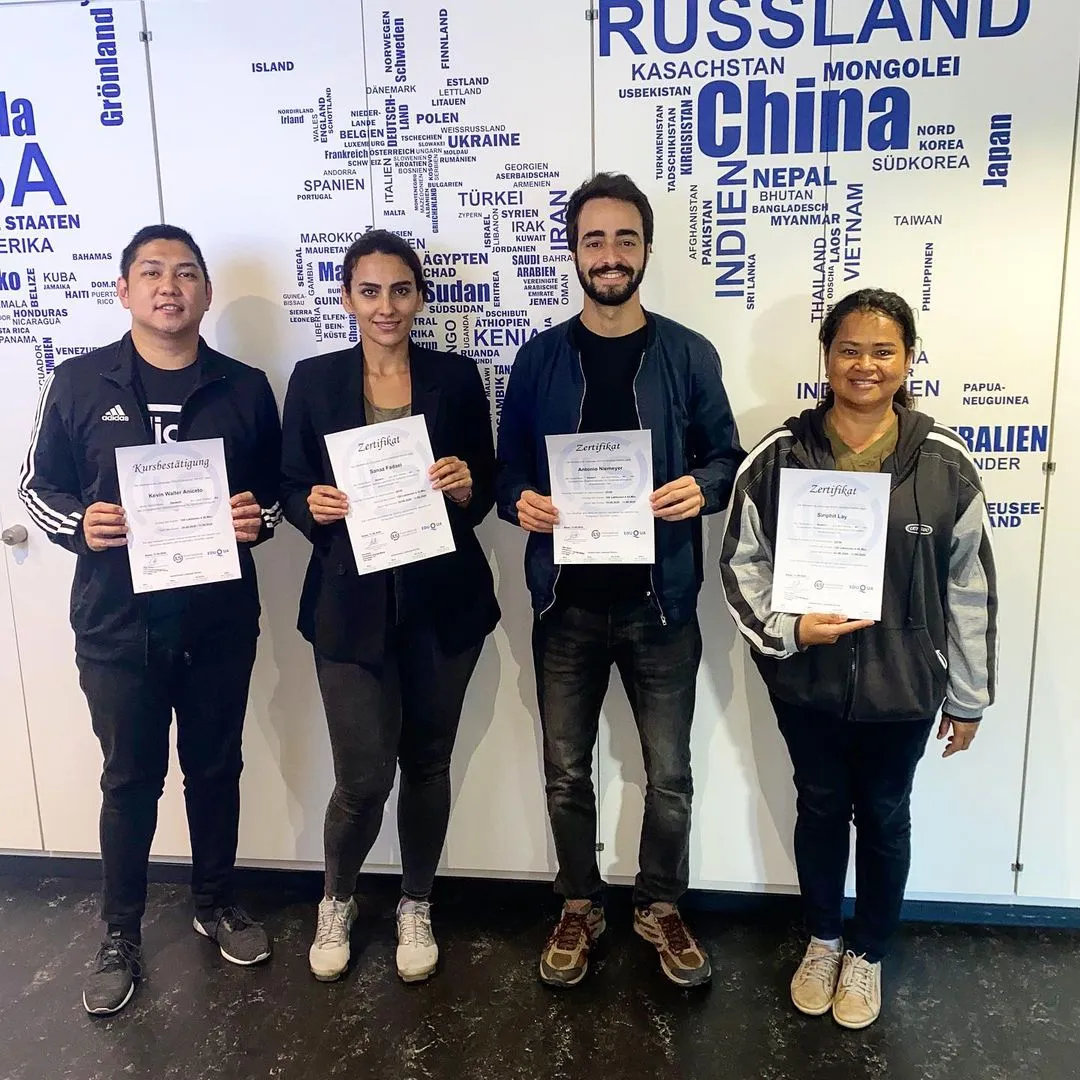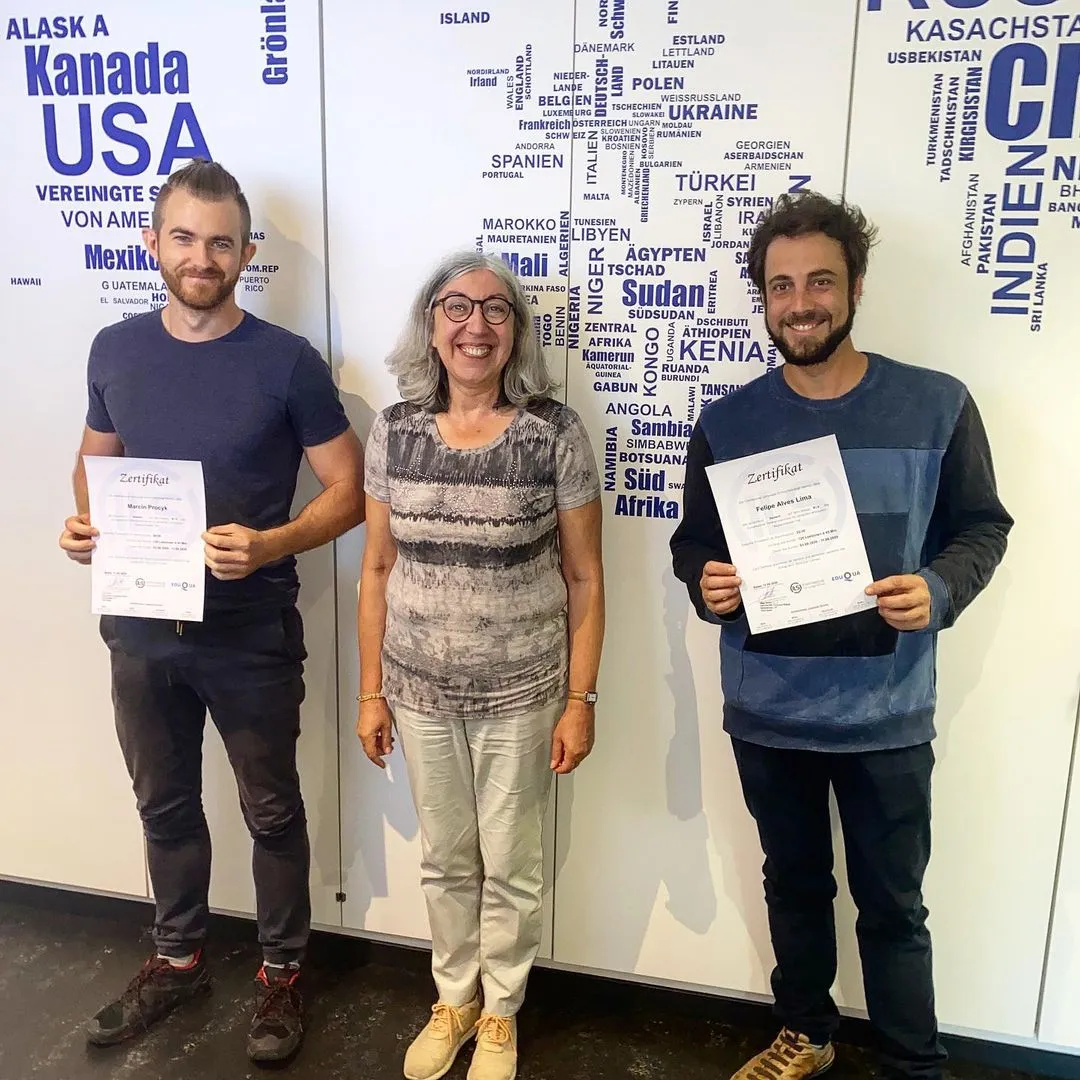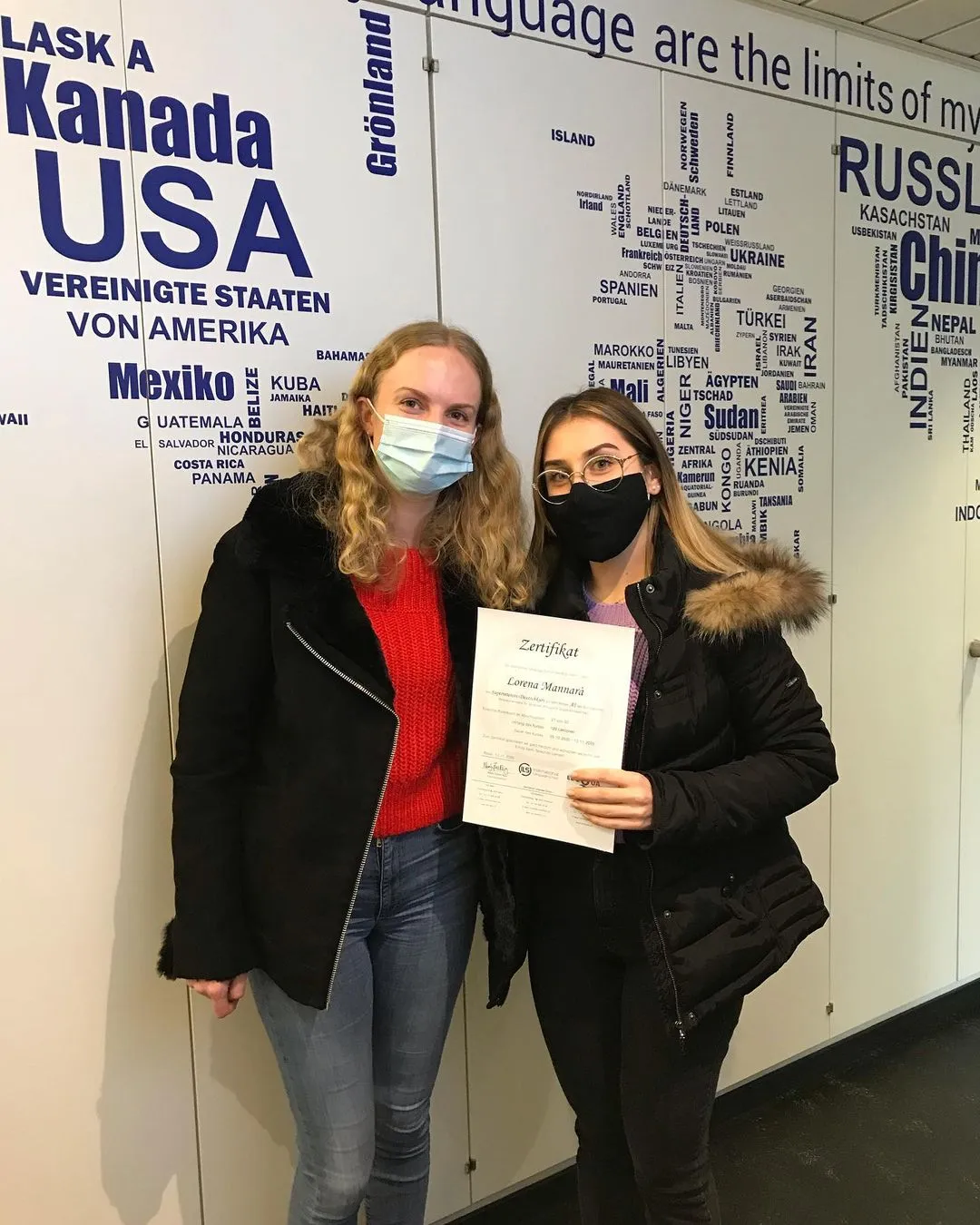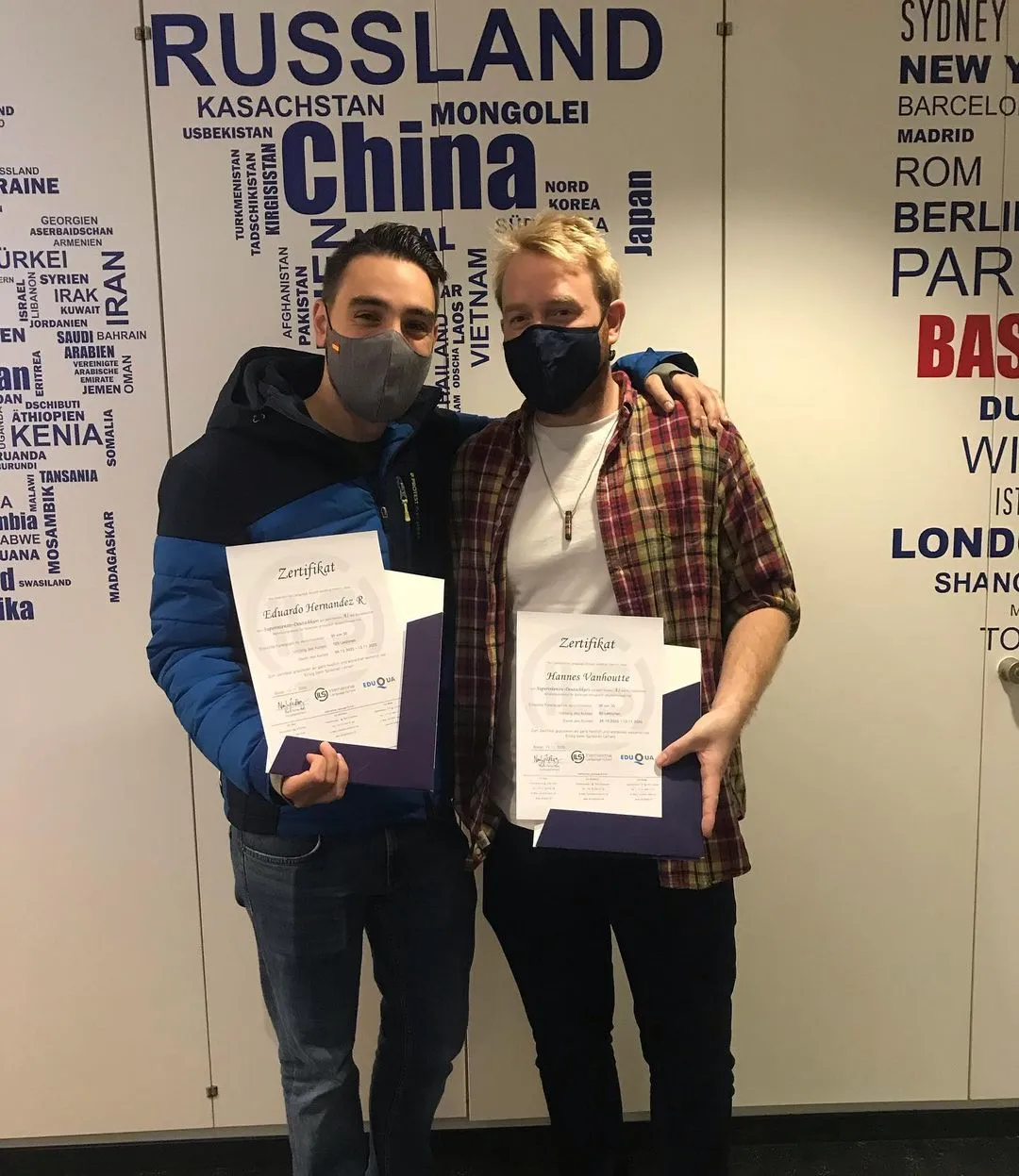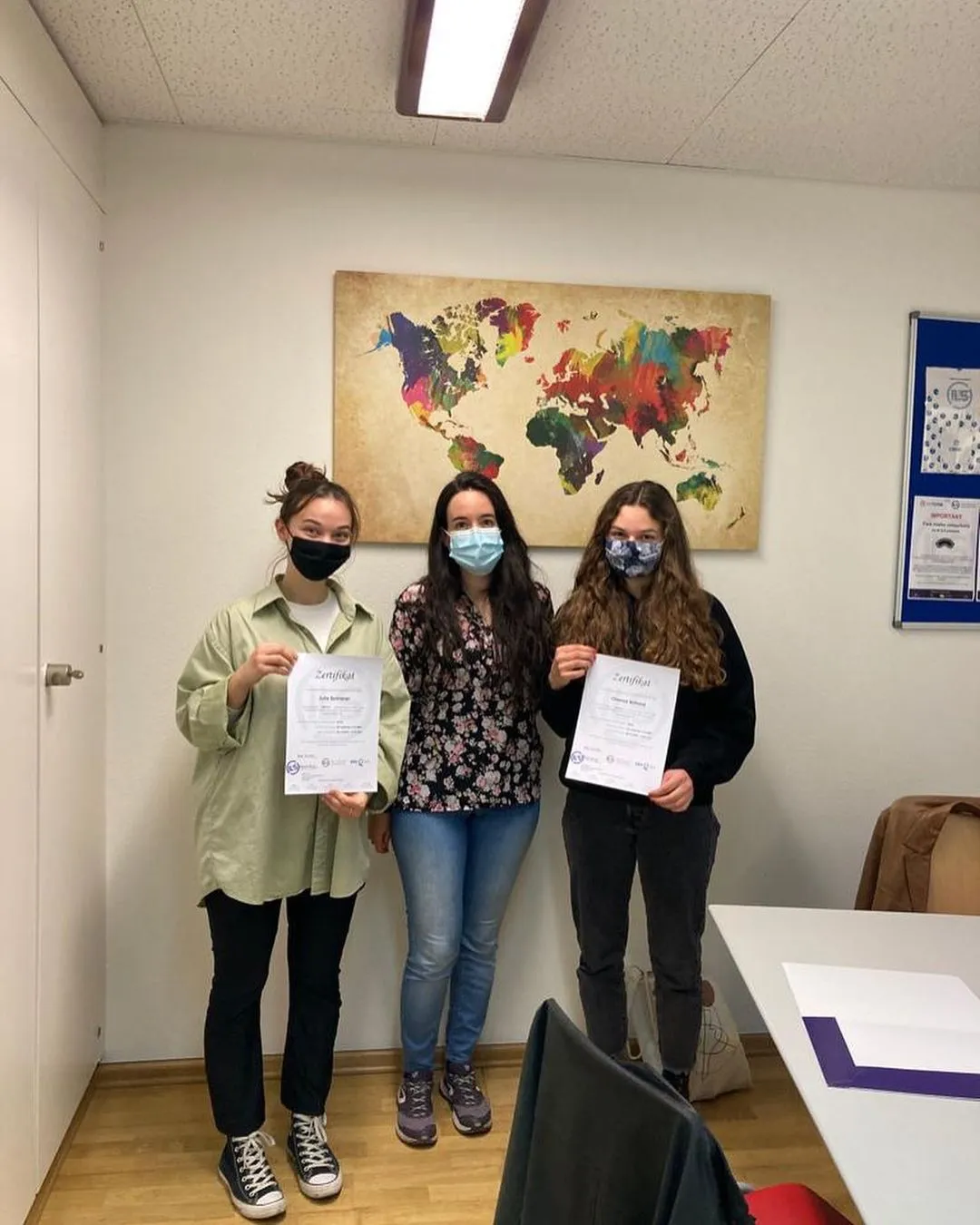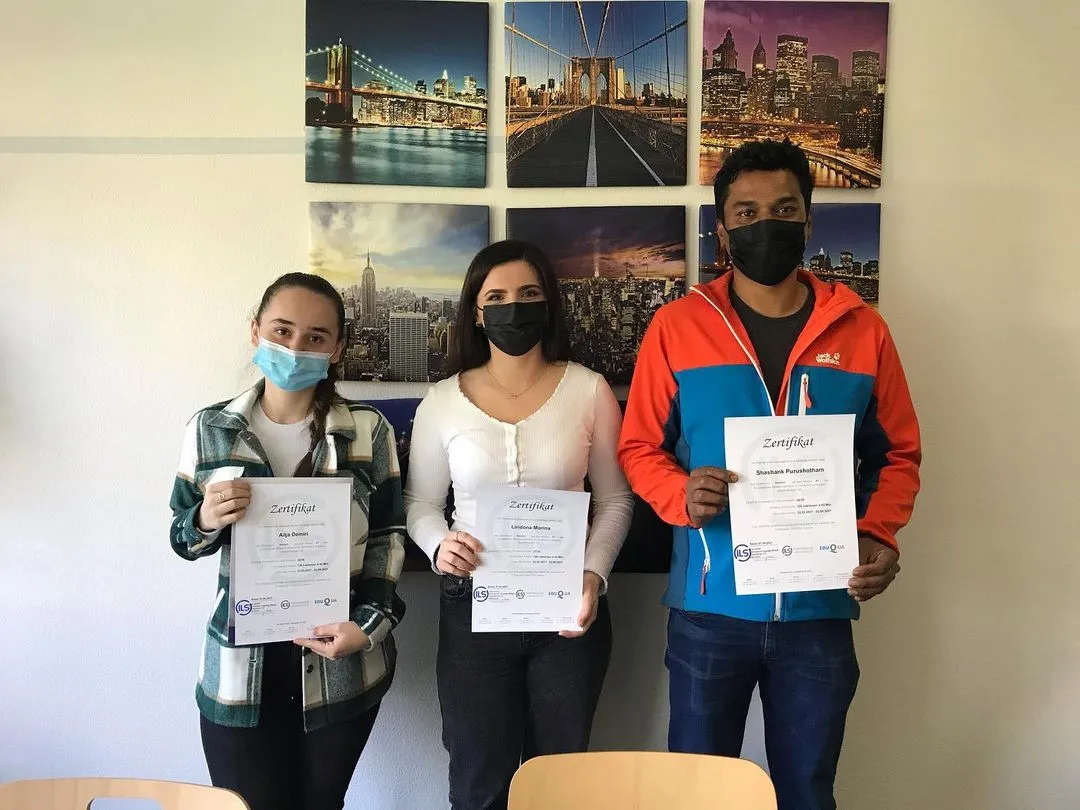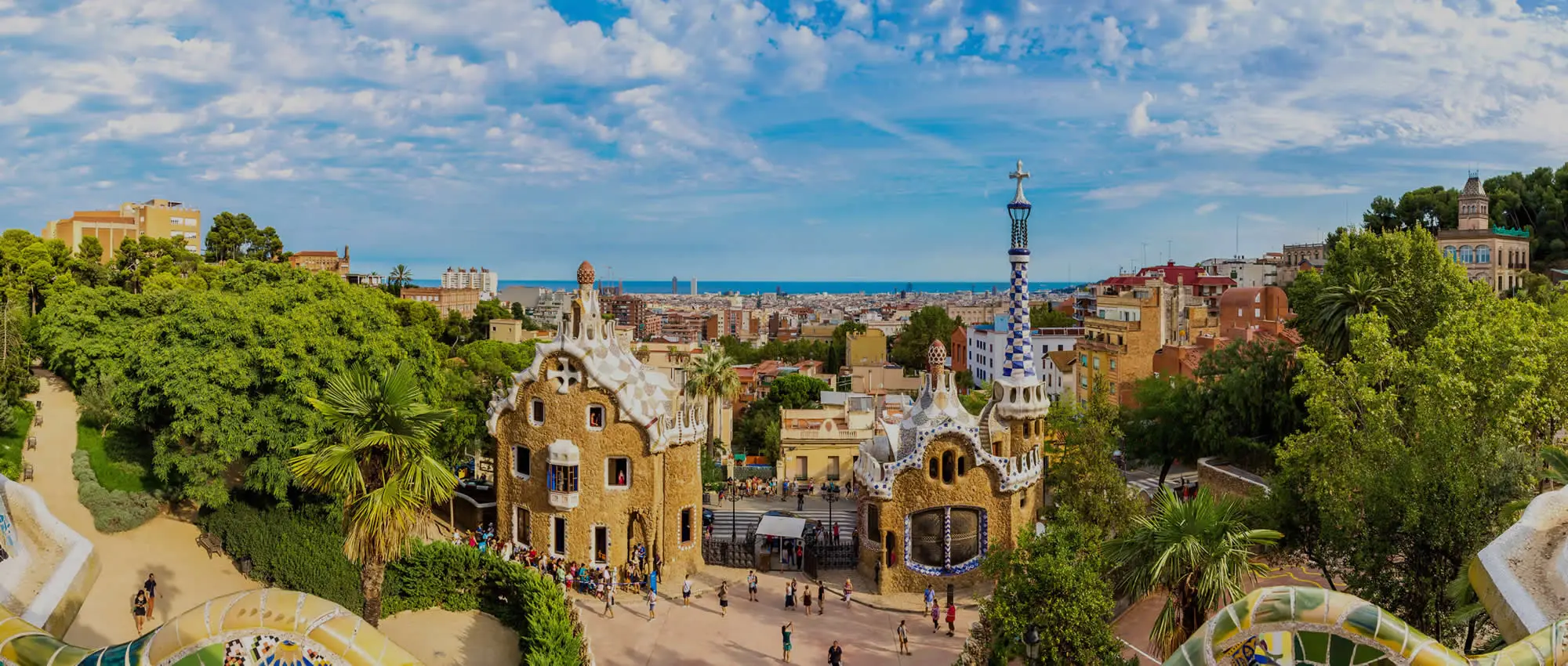
How can you learn Spanish in Switzerland?
There are numerous opportunities to learn Spanish in Switzerland. Professional Spanish courses at language schools are a great option. Professional Spanish courses also focus on basic knowledge and teach the essential content of the Spanish language. Teachers are specialized in teaching foreign languages. Difficulties and comprehension problems can be solved immediately. The course content is practiced and consolidated in active exercises, ensuring long-term learning success. In addition, the correct pronunciation and fluent speaking as well as correct argumentation are trained in the conversation part or in separate conversation courses. Another advantage of this is that professional language courses try to make learning the foreign language as easy as possible for the participants and make it fun for the students to learn Spanish. Experience confirms that Spanish learners who attend a language course find it easier to learn the new language, stay motivated and have more fun.
Language courses are usually offered in the form of group or private lessons. The advantage of private lessons is that especially with new learners, the needs and learning pace of the learner can be addressed individually. The special feature of group courses is that the course participants can enter into a dialogue with each other and thus apply what they have learned.
Spanish can also be learned online. Many learning institutions also offer their Spanish classes in online courses with a teacher present. Another option are pure online Spanish courses represent another option. These are learning programs on a website, which users go through, but without a real teacher. Some language learners will be satisfied with this form of instruction, but it is better to attend a language course with a real teacher. In this way, misunderstandings can be clarified immediately and the correct pronunciation can be trained.
It also helps to watch movies or TV shows in Spanish, listen to radio plays in Spanish, or read books in Spanish. In addition, learners of Spanish should talk to people who already speak Spanish as often as possible. This allows them to actively use what they have learned and to point out mistakes.
How long does it take to reach a level in Spanish?
International language institutions assume that a language learner needs about 200 h to reach the next higher language level. Factors that also influence the learning speed of a foreign language are:
- The quality of a Spanish course as well as the type of teaching
- The experience of the teacher
- The learning pace and the learner's own initiative and discipline
Experience has shown that progress can be made much faster with the help of a professional Spanish course.
How long does an A1 Spanish course last?
A1 is the lowest level at which new learners can start. The student mainly uses and understands short, simple, familiar words and (standard) sentences or questions: about him/herself, the family and the immediate environment. Speaking is in separate words and sentences and texts should be short. The other person must speak slowly and help. A student at A1 level knows a maximum of 1000 words. Usually students need 120 lessons to reach this level. How long the Spanish course lasts then depends on the frequency of lessons per week and the form of instruction as well as course intensity.
How long does an A2 Spanish course last?
A student understands simple sentences and frequently used words about everyday things and can talk about familiar topics in everyday situations. He or she can describe things in his or her immediate environment in simple terms. Student uses mostly high-frequency words and simple phrases, often standard sentences. Texts are short. An A2 level language user knows up to 2000 words. Students need from 120 to 180 lessons to get from A1 level to A2. The length of the Spanish course then depends on the frequency of lessons per week and the type of instruction and intensity of the course.
How long does a B1 Spanish course last?
A B1 level learner can understand the main points from texts, on familiar topics such as at work, school and leisure. Learners can say or write familiar matters of personal interest in a simple text. They can also describe experiences, events, dreams, hopes and ambitions, and give a reason or explanation for an opinion or plan. Vocabulary is sufficient to talk about things. The level is completely sufficient to be able to fully communicate and navigate independently when traveling abroad in the language area. Learners know approximately 5000 words at B1 level. Learners need between 120 to 240 lessons to reach this language level starting from A2. The length of the Spanish course then depends on the frequency of lessons per week and the form of instruction as well as course intensity.
How long does a B2 Spanish course take?
B2 Language users can understand a longer conversation and complex arguments if the topic is somewhat familiar. It is no longer just about familiar topics such as work and education. Texts can be longer. The student can understand articles on current topics and literary prose. The use and application of different words is not a problem if a dictionary is available. Sufficient language skills exist to express own opinions on a variety of topics of interest. Students have a good command of grammar and no longer make mistakes that could hinder comprehension. The transition from B1 to B2 level requires between 120 to 240 lessons. The length of the Spanish course then depends on the frequency of lessons per week and the form of instruction and course intensity.
How long does a C1 Spanish course last?
The C1 language user can understand a longer conversation at this level. Even if this is not clearly structured and much is not said explicitly. He or she can understand long complex factual and literary texts. The student understands technical articles and longer technical instructions, even if not directly from or familiar with that field. They can render a clear and good description of something. The student can express him/herself spontaneously and reproduce sentences comfortably. It takes about 120 to 240 lessons to reach this level starting from B2. How long the Spanish course lasts then depends on the frequency of lessons per week and the form of instruction as well as course intensity.
How to learn Spanish as quickly as possible?
Generally speaking, the more often a foreign language is used, the faster progress is made and the fewer mistakes are made. Professional Spanish courses are a great opportunity for Spanish learners. Regular Spanish lessons with targeted exercises and goals help learners stay on the ball and motivated. In addition, Spanish courses focus on the essentials and teach correct Spanish skills, eliminating misunderstandings.
Experience has shown that Spanish learners who attend a professional Spanish course make much faster progress and achieve correct and fluent Spanish skills more quickly.
Spanish learners can make particularly fast and strong progress with the help of special intensive Spanish courses. The lessons of intensive courses take place more frequently (depending on the course even up to five times a week) and continuously over a certain period of time in usually fixed groups. Check with the respective language course provider for exact intensive course offerings, class details, and possible course dates and class times.
Where can I find Spanish courses in Switzerland?
There are several Spanish course providers in Switzerland. We recommend the Spanish courses of the International Language School (ILS). ILS has locations all over Switzerland and has been successfully running language courses for many years. In addition, ILS has a very high customer satisfaction and recommendation rate. Course participants have numerous possibilities of arranging their personal language instruction and adapting it to individual needs. All instructors are specialized in their respective foreign language and have many years of experience in teaching. The respective contact details and further information about ILS, course details as well as prices and course dates can be found here:
ILS Aarau https://www.ils-aarau.ch/
ILS Basel https://ils-basel.ch/
ILS Bern https://www.ils-bern.ch/
ILS Basel https://ils-basel.ch/
Mytutor's range of Spanish courses is particularly suitable for children, young adults, pupils (lower, middle and upper school, secondary school and grammar school) and trainees. However, the ILS also offers special language courses for kids and teens. The ILS specializes in foreign languages and language courses. Mytutor focuses more on specific tutoring and is suitable for students. Kids and Teens Students who want to learn Spanish for school or educational reasons and want to expand, develop and improve their Spanish skills are in the right place with Mytutor. Mytutor is part of the ILS and has the same unique advantages. All details and unique offers can be found on the respective website:
Mytutor Aarau https://mytutor-aarau.ch/
Mytutor Basel https://mytutor-basel.ch/
Mytutor Bern https://mytutor-bern.ch/
Mytutor Basel https://mytutor-basel.ch/
How much do Spanish courses cost in Switzerland?
The cost of a Spanish course varies from provider to provider. There are several language schools, learning institutes, online language learning websites and private individuals who offer Spanish courses. The final cost of a Spanish course also depends on the level of the language and the teacher. Students are sometimes cheaper than trained teachers with many years of experience. You can find out everything about the prices and course details as well as the qualifications of the teachers on the respective websites. It is advisable to invest in a professional and high quality Spanish course, as this will ensure long-term, error-free and fluent language skills. Institutions that offer such a course work with a proven, systematic concept developed by language experts. The teachers are specialized in Spanish courses and can respond to individual needs and the learning speed of the students.
Where can I find cheap Spanish courses in Switzerland?
For each person, "inexpensive" means something different. The decisive factor is the price-performance ratio. Perhaps the cheapest Spanish lessons are not necessarily the best. It makes little sense for a student to still be able to do the same amount of things after a Spanish course as he or she could before the language lessons. Conversely, the most expensive Spanish course may not be the best. There are language schools that offer free trial lessons. This is a generous offer from the language schools and the ideal opportunity for those interested in a course to find out whether the language lessons meet their own expectations.
Both ILS and Mytutor are characterized by an excellent price-performance ratio and unique course offers. In addition, course-interested have the possibility in the apron a noncommittal sample lesson to visit.
Why is it important to learn Spanish?
Spanish is one of the most beautiful and important foreign languages in the world and holds exciting as well as thrilling cultural themes. If you successfully master the Spanish language, then whole new doors to unknown worlds and opportunities and limitless possibilities will open up for you.
Spanish is spoken in 20 countries, is the native language of more than 400 million people, and is spoken by well over 500 million people, making it the third most spoken language in the world. Spanish speakers can communicate in Spain, in extensive areas of Central and South America, and in isolated parts of Africa and Asia.
Also for professional reasons, having a fluent and flawless command of Spanish can bring great advantages and greatly expands career opportunities. Many companies have trading partners, branches and customers in Spanish-speaking countries. In addition, the Spanish language is in high demand, especially in the tourism industry. It has been proven to increase a person's career opportunities if he or she is proficient in several languages. Spanish in particular offers you the chance to stand out from other applicants and stand out in a positive way. It also gives you great opportunities to work anywhere in the world in a variety of professions.
However, Spanish has much more to offer. Spanish culture is very diverse and interesting. Immerse yourself in completely new, exciting and thrilling traditions and learn all about Spanish history as well as culture. In addition, Spanish is one of the most beautiful languages in the world. It is especially characterized by its expressiveness.
Where can I find Spanish courses for children in Switzerland?
In Switzerland, there are several Spanish courses especially for children. Especially recommended are the Kids and Teens language courses at ILS or the Spanish tutoring at Mytutor. Mytutor specializes in tutoring and teaching for children, teens and students. Students at lower, middle and upper school (Sek and Gymi) have a wide range of tutoring options at Mytutor. All teachers at Mytutor are specialized in their respective fields and have several years of teaching experience.
What does a professional Spanish course include?
A professional Spanish course covers all important and basic grammar rules of the Spanish language (of course adapted to the respective language level). We start with the "basics", i.e. relatively simple grammar topics that are frequently used in everyday life and enable simple communication. With increasing language level, the topics become more difficult, more extensive and more complex.
Learning the necessary vocabulary is also fundamental. A broad vocabulary enables learners to communicate and form sentences both verbally and in writing. It is also true that as the language level increases, the vocabulary becomes more extensive and some of the words more complicated. Mastering vocabulary is one of the fundamental cornerstones of learning a foreign language. After all, without the necessary vocabulary, Spanish learners cannot apply the grammar rules they have learned, communicate in Spanish, or express themselves eloquently as well as appropriately on a topic. As a rule, students should learn the vocabulary privately on their own (as homework) and practice it continuously so that it can be applied and consolidated in class afterwards.
Exercises, (homework) assignments, written assignments and (team) work are another component of the Spanish lessons. Practice makes perfect! Continuous practice of the foreign language in various ways ensures that what has been learned is consolidated and long-term learning success is guaranteed. Exercises also help students to see if they have actually understood and can use the corresponding grammar topic. The topics are practiced and consolidated in numerous exercises in different ways - in writing, e.g. in cloze texts, dictations or text exercises, orally in dialogues or playfully in active group lessons. Listening, reading and text comprehension are also trained in various forms.
Learning how to correctly write texts, cover letters, letters and essays or short stories is also learned in Spanish courses. This is especially important when learning Spanish for professional reasons. The correct writing of texts in formal correspondence is very expressive and leaves a lasting positive impression.
In addition, professional language courses always include a conversation part and special didactic exercises. It is important to practice correct pronunciation and fluency. Conversation is a very common skill for Spanish learners. Some language schools also offer separate special conversation courses, which focus especially on correct pronunciation, expressing one's own opinion, correct argumentation and eloquent speaking. The focus is strongly on active language training. In addition, participants in conversation courses also benefit in the sense that current topics are discussed and debated. Current topics are explained, broken down and pros and cons are listed. This also broadens the general knowledge and the Spanish learners can form their own opinion on important topics. However, timeless ever-important, interesting topics are also covered and discussed. The conversation part is for many language students one of the most exciting and the ideal opportunity to prove their previous skills without pressure.
Qualitative language courses are always characterized by the fact that the teachers are able to convey the course content in an understandable way, recognize difficulties, detect gaps in knowledge and immediately correct comprehension problems. The teachers are specialized in teaching the foreign language and know different ways and means to convey the topics to language learners in depth. Course participants benefit from the teachers' many years of experience.
Professional Spanish courses are also characterized by excellent administration on the part of the language school. A well-designed and informative website, clearly communicated contact points and contact persons, transparent course details (course dates, prices, teaching methods, etc.) and specific information about the Spanish courses and qualifications of the teachers, as well as smooth secretarial processes (Registration, information, contact persons, etc.) and the professional handling of specific customer needs and concerns are decisive cornerstones for a high-quality language school.
